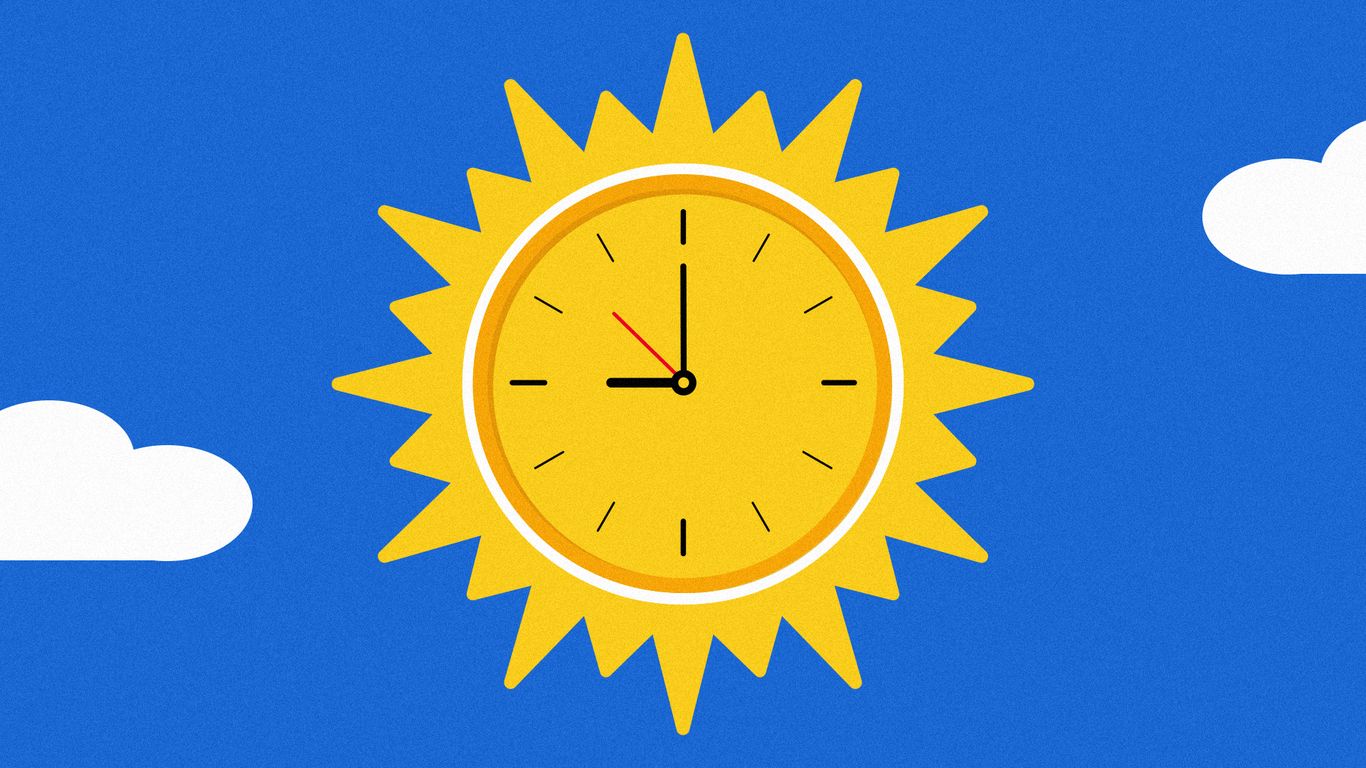
"Scott said Americans are "sick and tired" of changing clocks twice a year, while Cotton argued the country must live with an "uneasy compromise." State of play: In April, Trump urged Congress in a Truth Social post to "push hard for more Daylight at the end of a day," calling the twice-yearly clock change "a big inconvenience and, for our government, a very costly event.""
"What time do clocks change Sunday The official switch happens Sunday at 2am, when clocks are set back one hour. Most smartphones and computers will update automatically, but microwaves, ovens and car dashboards may need a manual reset. Flashback: The U.S. tried permanent daylight saving time in 1974, but the experiment ended within a year after dark winter mornings proved dangerous for schoolchildren."
"Health groups and sleep experts have called for an end to the seasonal shifting of clocks. Most experts support staying in standard time permanently over daylight saving time. The March "spring forward" is linked to an increase in car accidents, heart attacks and strokes. By the numbers: Only 12% of Americans support the current clock-changing system, according to a new AP/NORC poll."
Lawmakers remain divided over ending twice-yearly clock changes, with some advocating more daylight and others accepting an uneasy compromise. President Trump urged Congress to "push hard for more Daylight at the end of a day," calling the clock change a costly inconvenience. The official switch occurs Sunday at 2am, when clocks are set back one hour; many devices update automatically while some appliances require manual resets. The U.S. briefly tried permanent daylight saving time in 1974 but abandoned it after dark winter mornings endangered schoolchildren. The Energy Policy Act of 2005 extended DST. Health experts prefer permanent standard time, citing higher accident and heart attack rates after spring shifts. Only 12% of Americans support the current system.
Read at Axios
Unable to calculate read time
Collection
[
|
...
]